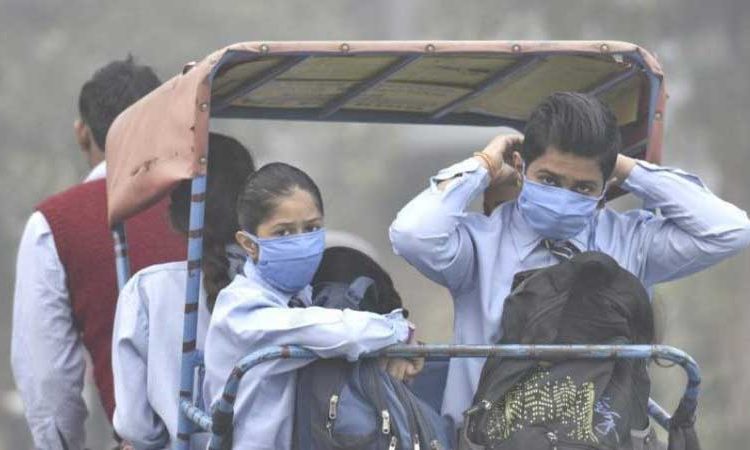Long-term exposure to air pollution may lead to an increased risk of developing the coronavirus disease (Covid-19) among people who have been infected with SARS-CoV-2, the virus which causes Covid-19, according to a recent study. Though the research was conducted in Spain, its results have been published at a time when several cities in India are in the grip of severe air pollution.
For the exercise, the researchers tested 9605 participants, of whom 481 (or 5 per cent) were Covid-19 positive. The participants were measured for a series of virus-specific antibodies, with information already available to the researchers on the long-term exposure of such individuals to air pollutants such as nitrogen dioxide (NO2), small particulate matter (PM2.5), black carbon and ozone.
For a number of volunteers within the total study population, the team was able to establish an association between higher exposure to NO2/PM2.5 and the viral illness, particularly for severe cases that resulted in the patient being hospitalised and, in some cases, being sent to intensive care.
In particular, the association with PM2.5 was found to be stronger among men aged 60 and above, as well as people living in socio-economically deprived areas, the researchers said.
Speaking on the study, Manolis Kogevinas, its lead author, said, “These results are in line with the association between air pollution and hospitalisation described for other respiratory diseases, including pneumonia and influenza. We have provided the strongest evidence globally on the association of ambient air pollution and Covid-19.”
The results of the study were published in the journal Environment Health Perspectives on Wednesday. These provide further evidence on the health benefits of reducing air pollution, and highlight the influence of environmental factors on infectious diseases, the researchers said.





